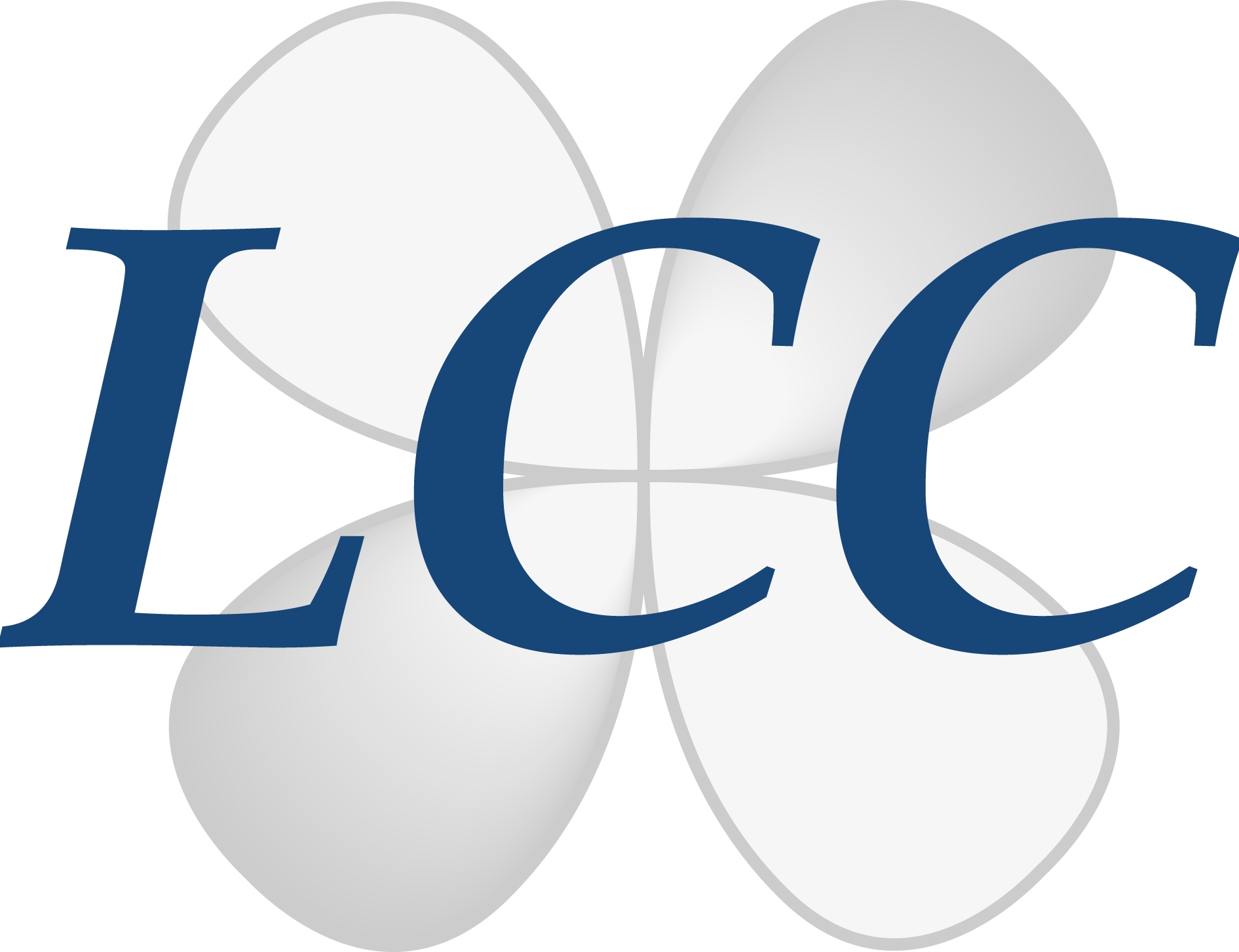Cationic N-Heterocyclic Carbenes for Mmaterials Chemistry and Sustainable Catalysis
CHEMISTRY & GREEN CHEMISTRY

Lab: LCC
Duration: NanoX master Internship (8 months part-time in-lab immersion)
Latest starting date: 01/10/2022
Localisation: Laboratoire de Chimie de Coordination (LCC)
CNRS - UPR 8241
205, route de Narbonne
31077 Toulouse Cedex 04, France
Supervisors:
Yves CANAC yves.canac@lcc-toulouse.fr
Vincent CESAR vincent.cesar@lcc-toulouse.fr
This research master's degree project could be followed by a PhD
Work package:
From mere laboratory oddities, N-Heterocyclic Carbenes (NHCs) have been elevated to compounds of tremendous practical significance in catalysis and synthetic chemistry, with new and exciting applications across the chemical sciences.[1] This ever-growing success is directly related to their unique stereo-electronic properties and the search for new carbenic structures has thus become a priority in order to broaden their application scope.
In line with our research interests,[2] we propose to develop cationic NHCs, in which the cationic charge would be directly connected to the carbenic center, in order to maximize the electronic and charge-effects. Interest and impact of these species could be gauged in light of the outstanding results obtained with their phosphine analogues, namely cationic phosphines.[3] A proof of concept, we recently reported the cationic NHC 1+ bearing a N-bounded 2,3-bis(diisopropylamino)cyclopropenium group.[4]

References:
[1] M. N. Hopkinson, C. Richter, M. Schedler, F. Glorius, Nature 2014, 510, 485.
[2] (a) M. Ruamps, N. Lugan, V. César, Organometallics 2017, 36, 1049; (b) Y. Canac, Chem. Asian J. 2018, 13, 1872; (c) M. Ruamps, S. Bastin, L. Rechignat, A. Sournia-Saquet, D. A. Valyaev, J.-M. Mouesca, N. Lugan, V. Maurel, V. César, Chem. Commun. 2018, 54, 7653; (d) M. El Kadiri, A. Chihab, R. Taakili, C. Duhayon, D. A. Valyaev, Y. Canac, Organometallics 2022, 41, 456.
[3] M. Alcarazo, Acc. Chem. Res. 2016, 49, 1797.
[4] C. Barthes, C. Duhayon, Y. Canac, V. César, Chem. Commun. 2020, 56, 3305-3308.
Areas of expertise:
Carbenes, ligand design, coordination chemistry, cations, redox-activity, energy storage, homogeneous catalysis, materials, DFT calculations
Required skills for the internship:
Good knowledge in organic chemistry, organometallic chemistry, and advanced characterization techniques (multinuclear NMR, X-Ray diffraction, MS, EPR spectroscopy …). Schlenk line technique, glove box.
